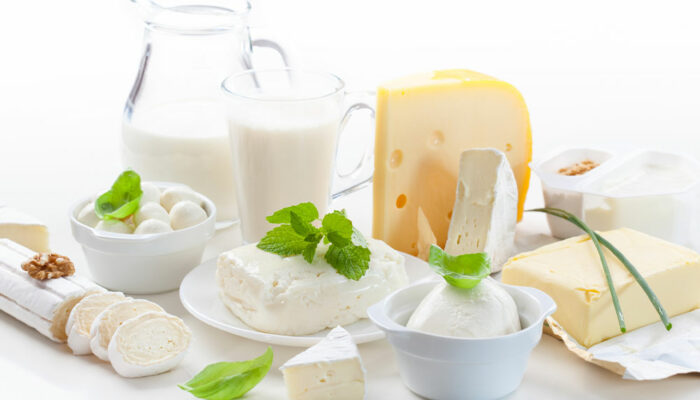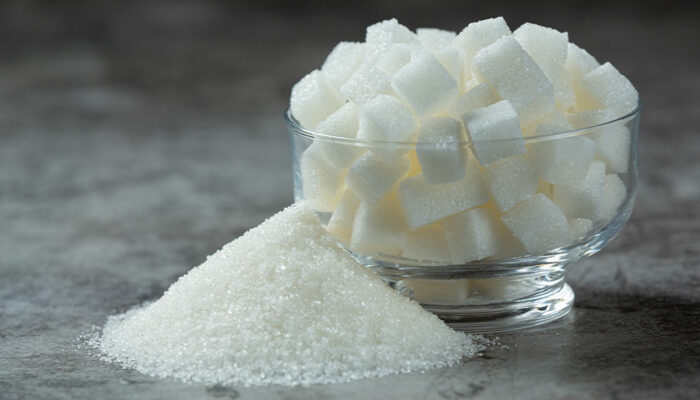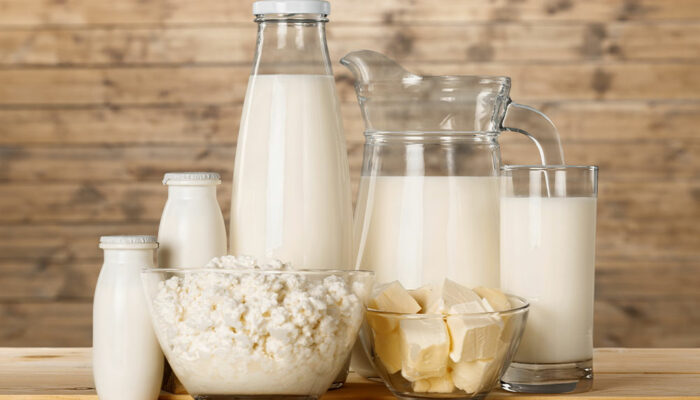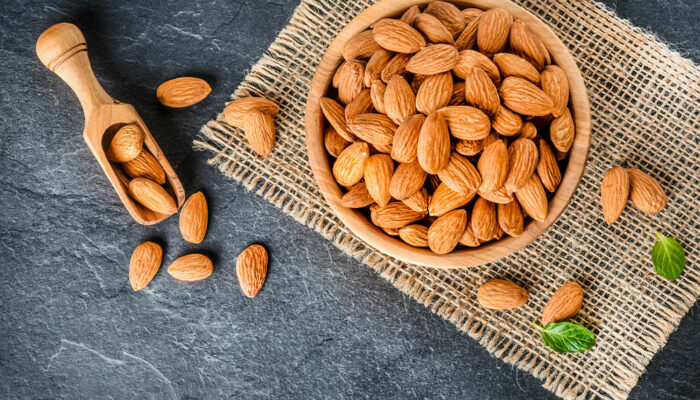
health
9 warning signs of schizophrenia that should not be ignored
Schizophrenia is a common mental health condition that affects how a person thinks and behaves. As per estimates, around 2.8 million adults in the country have the disorder. But despite its vast spread, health experts still do not know the exact cause. While the condition is manageable, one must be well-versed with the signs to keep them in check. Here is a list of some of the disease’s symptoms to help with better management. Hallucinations Hallucinations are untrue sensory encounters without any basis in the real world. They occur when the patient is wide awake. Hallucinations are of two main types: visual (seeing things that do not exist) and auditory (hearing sounds). Some people even hallucinate a touch, smell, or taste. Delusions Though often used interchangeably, delusions are not the same as hallucinations. Delusions are beliefs in things that appear illogical or strange to others. Even if one tries to clarify delusions and explain to the patient that their thoughts are far from reality, they do not change their mind. For instance, a person with schizophrenia may believe someone on the radio or TV is sending instructions to act a certain way. Sometimes, they may sense they are in danger or someone is trying to harm them.
Read More 








